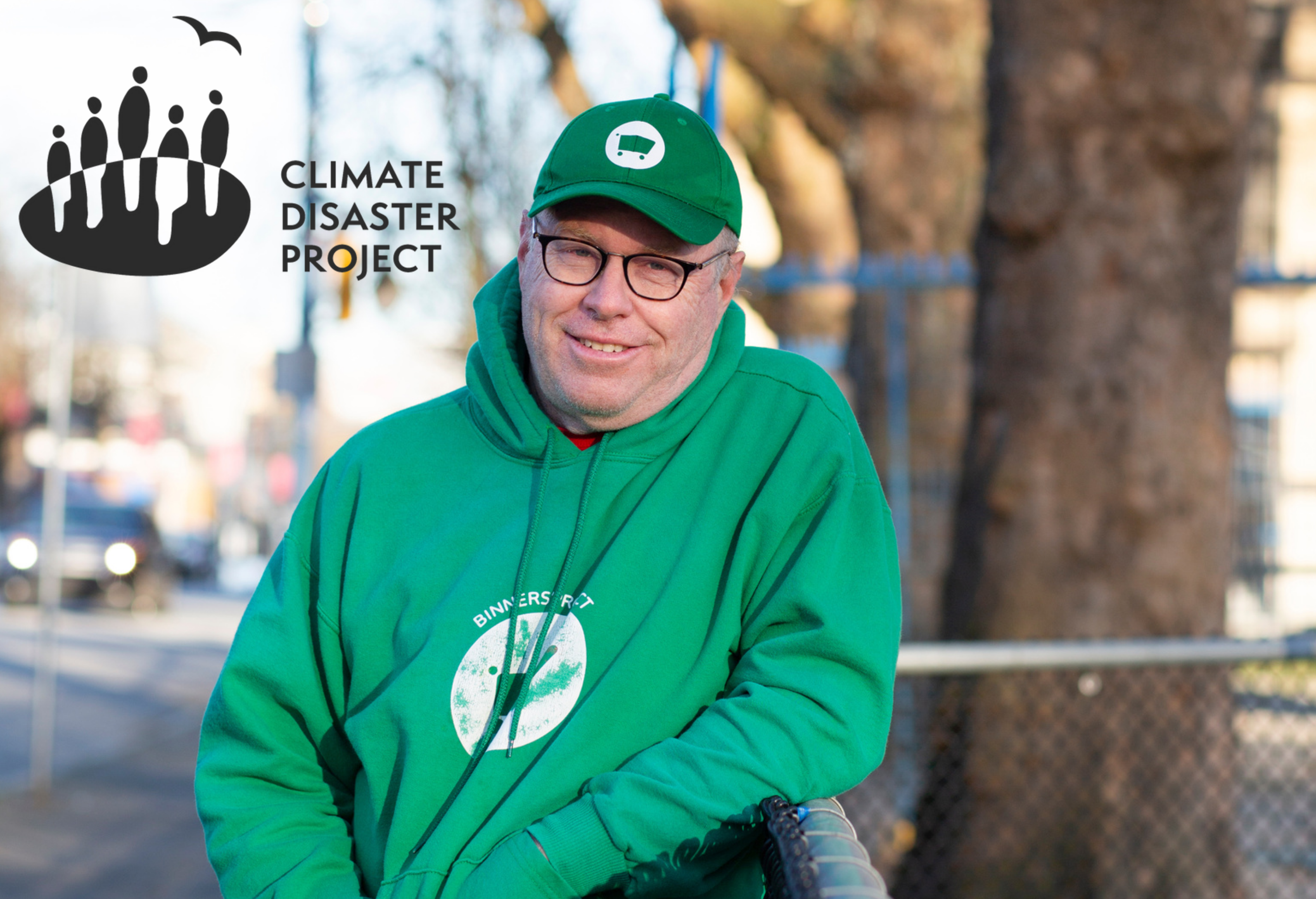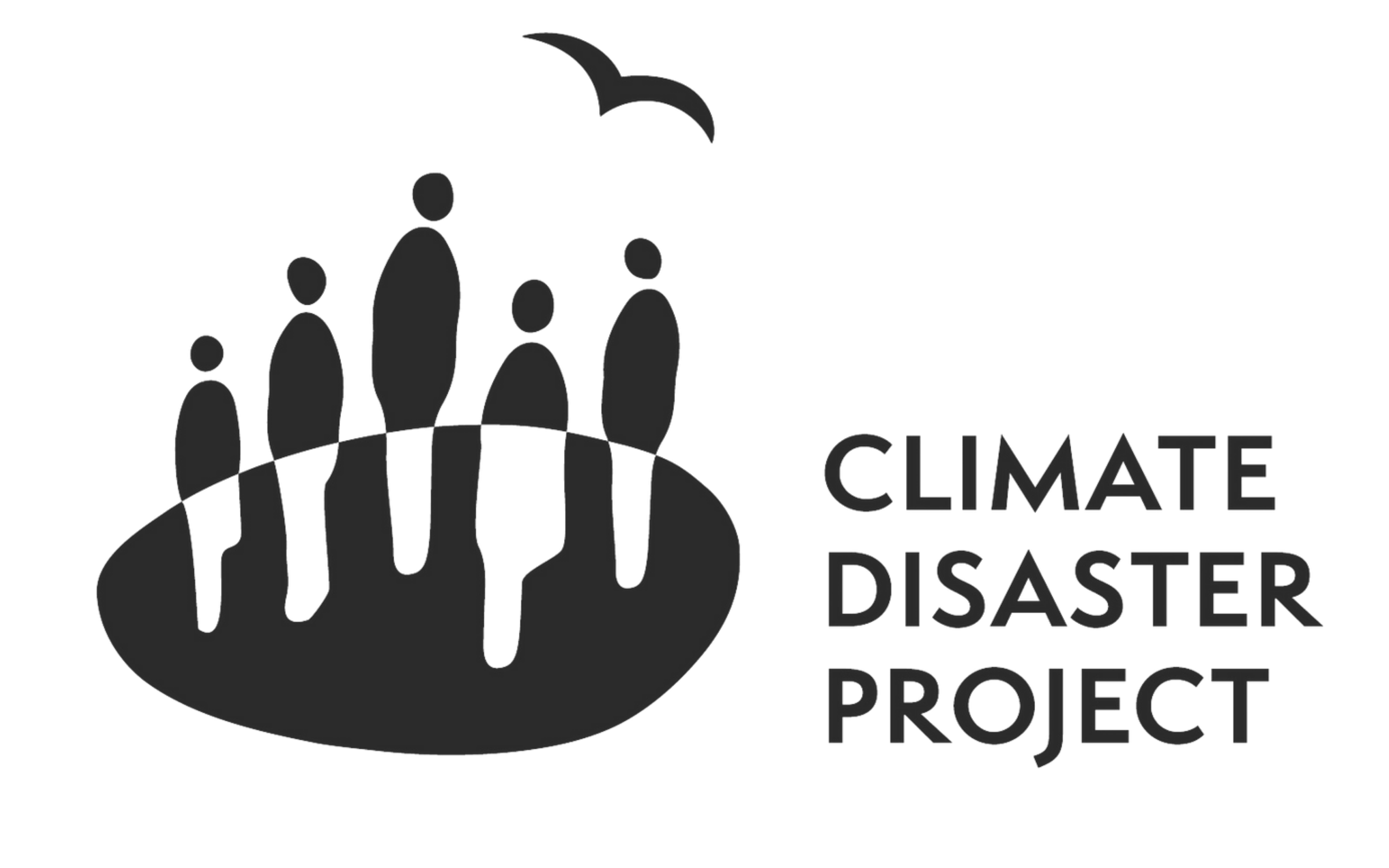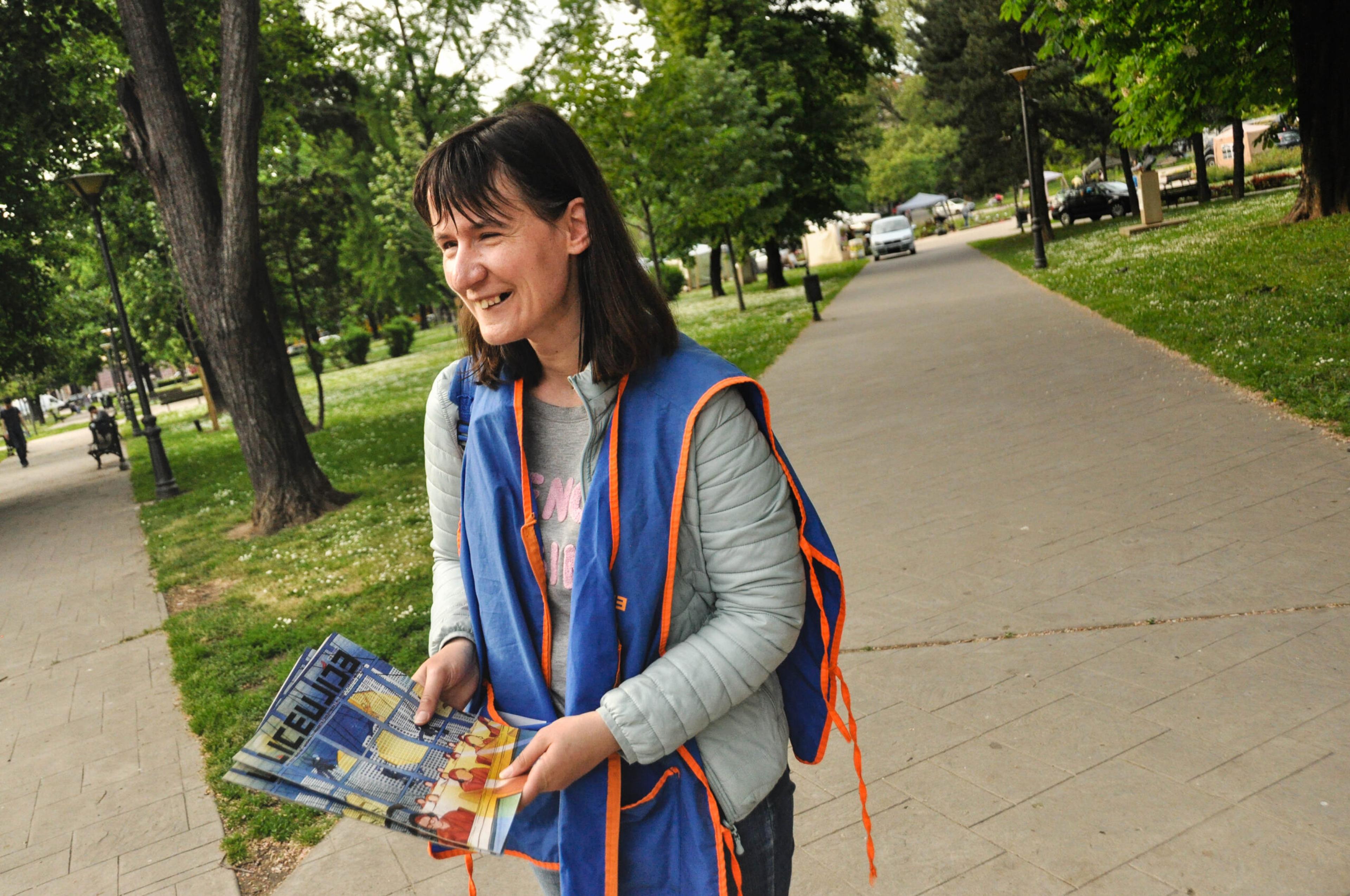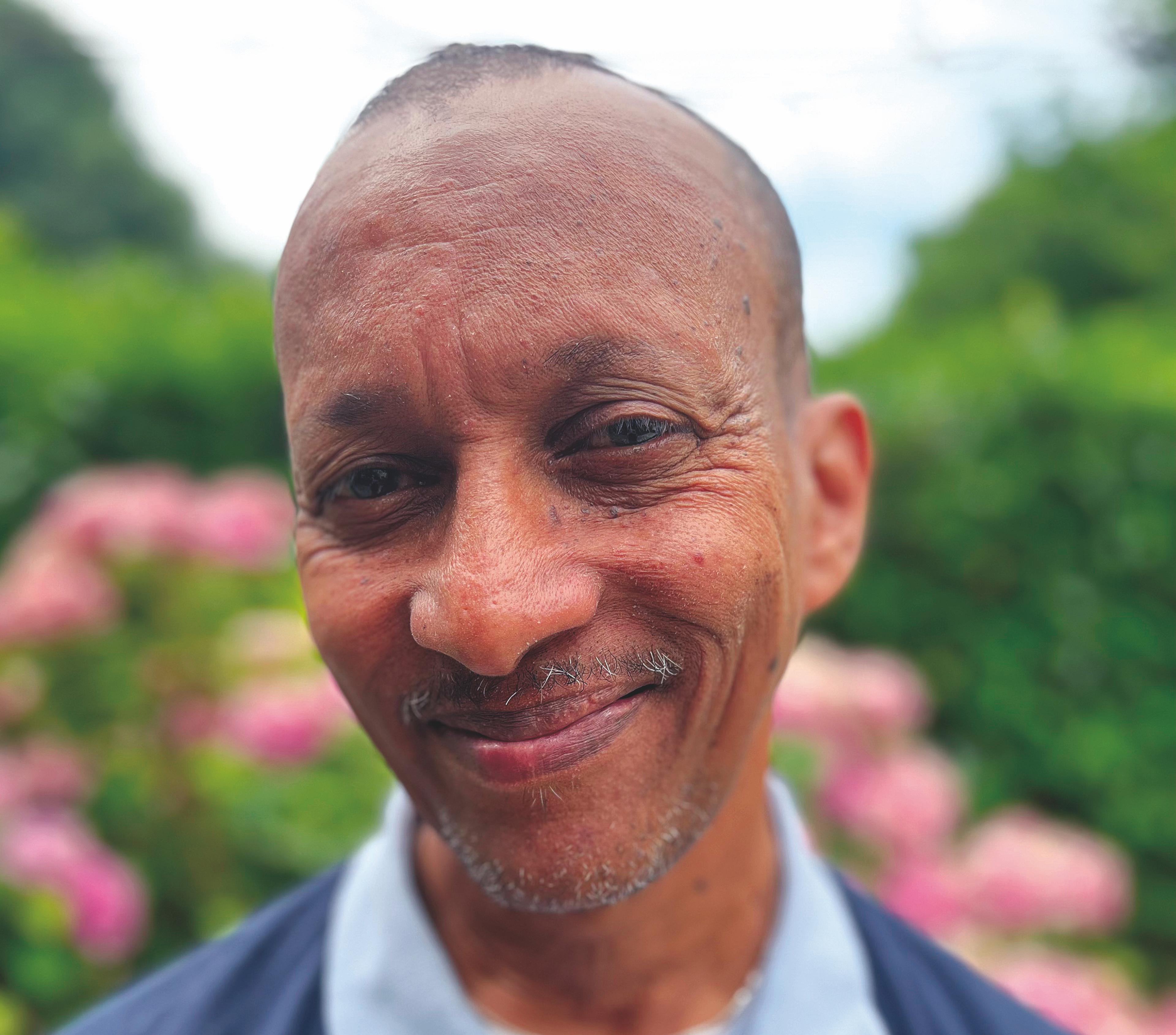Megaphone’s Climate Disaster Project: “We were the crabs in the pot. And we were coming to a slow boil”

In the face of poverty and climate change, Mike McNeeley tries to stay hopeful. But he likens it to being a moth trying to fly with half a wing. Photo by Amy Romer.
By Mike McNeeley
as told to Aleisha Hangman, Aldyn Chwelos and Eleni Vlahiotis
- Vendor stories

As world leaders make potentially generation altering decisions about the future of planet Earth, people on the margins are experiencing first hand the impact of environmental degradation and climate change. A collaborative storytelling endeavour called the Climate Disaster Project - which employs a trauma-informed co-creative process - collects first-hand accounts of what it was like to survive recent heatwaves and wildfires in British Columbia, Canada. Mike McNeeley, who now works as a photographer for Megaphone, once suffered a severe allergic reaction to the air pollution from oil refineries nearby his family home, resulting in a move. Experiencing the 2021 heat dome could have been triggering for Mike, his experience with the man made causes of climate change so vivid in his mind.
East Vancouver, Canada
Western North America Heatwave, 2021
Mike grew up in Sarnia, Ontario with his parents, and five siblings. When he was 12, Mike suffered a severe allergic reaction to the air pollution from nearby oil refineries, prompting his family to move to Vancouver. The eight of them, along with Mike’s pet turtle, made the three-and-a-half-day journey by train.
“Every few hours I’d run to the bathroom sink in the train, fill it up with water, and then my turtle would be sloshing back and forth as the train went,” he says.
A tennis coach for more than 20 years, Mike started playing the game when he was only four years old. The sport became his life goal, as well as an escape from challenges at home. Due to health issues, he couldn’t continue coaching. The loss of income resulted in him moving to Vancouver’s Downtown Eastside in search of an affordable place to live. There he met his friend Teresa, a vendor for Megaphone who spends eight hours a day selling the magazine outside, regardless of rain or snow.
“When I look at her, I just see a person who has tenacity,” says Mike. “Teresa was a kick in the butt for me.”
He now works as a photographer for Megaphone and for the Binners' Project, a program established by Make Way where people help sort bottles and containers for recycling. Mike is also a custodian at the Firehall Arts Centre.
“I had to leave a job where doctors and lawyers were approaching me and saying, ‘Oh, teach me, or teach my children tennis.’ And going from that to sorting cans and bottles was difficult. But it was also realistic. It gave me an opportunity to grow as a human being because I was never really connected to people very much.”
When the heat dome enveloped British Columbia in 2021, Mike was living in Carolina Court, a BC Housing apartment, not far from Vancouver’s Downtown Eastside.
We felt it coming on. You'd wake up in the morning and it would be hellish, you'd go to bed at night and it's hellish. And we felt it coming on and it was like, "God."In the Downtown Eastside, people weren't leaving their hotel rooms. We were dealing with a couple things, the forest fires, and the heat.
You'd walk down Hastings and you would just exist in this yellowish-brown atmosphere and hope it would go away. It's like I was in a dream that I wanted to wake up from.Felt like the end of times. On the news they would talk about how dangerous it was to go outside. And then they would give statistics in the evening of how many people ended up in the hospital or how many people died that day from heat exposure.
I was having a horrible time just trying to get up. I had a heart operation just over three years ago, so it was difficult for me to breathe. But I’m lucky. I'm in reasonably good shape in relation to the other people who live down here. I think we all felt like zombies living in a movie because it felt like just moving your arm from here to there became a chore. You have to put one leg in front of the other to walk.
Getting on buses was rough. A lot of express buses that go to Broadway to UBC have this air conditioning and it's like being on a limousine compared to the buses that run up and down Hastings. My theory is the minimum-wage workers, the people that keep society going, are not considered as important as the rest of society. So it's OK if the minions get packed in a can of sardines, put wheels on it and go. It doesn't matter because they're minions, right? So let's not talk about it. Let's not bring it up.
I remember I was losing it just because of the heat. I remember taking my cat thinking I can't leave my cat alone in my apartment. I'm going to take him to Teresa's where there's air conditioning. She had an air conditioner that was barely working. It was certainly better than nothing.
I live approximately one kilometre away from Teresa's. So I did this rare thing that I normally never do. I thought, “My cat and I are going to walk to Teresa's place.” It was at night. It was maybe at 10:30 p.m., 11pm. But I remember just going a couple blocks, my cat’s panting. You never see cats panting unless they're unbelievably thirsty. I thought, "Come on, we can do it. Come on." We eventually got there. We were able to get by on an air conditioner that had 25-per-cent output. It did enough to cool us down inside. But it wasn't really comfortable at all.
It was kind of like you hear about how you cook a lobster or how you cook a crab. You put them in water and you bring them to a boiling point. And that way, the theory is, he doesn't feel anything. He just dies. He just slowly dies. But we can't understand crab language, we don't know if he's screaming.

Photo by Amy Romer
It was kind of like you hear about how you cook a lobster or how you cook a crab. You put them in water and you bring them to a boiling point. And that way, the theory is, he doesn't feel anything. He just dies. He just slowly dies. But we can't understand crab language, we don't know if he's screaming.
The feeling was kind of like that. We were the crabs in the pot and we were coming to this slow boil. But because it was brought on in a sort of a gradual way, we didn't know that we were being cooked or we accepted. I went into this, "Oh, OK. I'm going to die now." There's a slow acceptance of, “I've been reduced to being boiled alive.”
A lot of people died from the heatwave, from heat exhaustion, who weren't able to get refuge. The only refuge I knew of was the 7-Eleven or Carnegie gym. Carnegie opened its gym to save people from dying from the heat. They have an air-conditioned gym. A wonderful gym, beautiful gym. It was smart of them, whoever was in charge at the time to do that.
Two years ago, when the first heat wave hit us, they had fire hydrants. The one at Main and Hastings had a hose on it shooting out a lot of water just to cool people down. But last summer they didn't do that. I don't know why, I think they should have. Why not do it just up and down Hastings here for the people who are trying to survive in the Downtown Eastside? That would help.
Fortunately, I was able to get a fan this year. One of those big, industrial fans that I can put on the floor. So, I'm ready for the heat dome this year. It's not going to be as good as an air conditioner, but I got one in my living room. I can access. Hopefully, Carnegie will do the same thing and they'll be opening their gym to the public.
I feel a little bit hopeless, but at the same time, it's kind of like the hopelessness I felt before I met Teresa. I saw this person who I thought had so many strikes against her, yet she always got up the next day with the attitude: "I'm going to do it." And go out and try again, try harder. So, that's the attitude I probably need to have.
One time, I was on the tennis court. I was sitting in a chair and this moth landed on my shorts. One of its wings was half missing. And it was trying so hard to fly. I started to video record it because it was fascinating. And I thought it's just like me or just like us humans. It was trying so hard to fly with half a wing. I don't know what happened to that moth, but it was a beautiful experience to see that it still had life in it despite a part of its wing missing.



